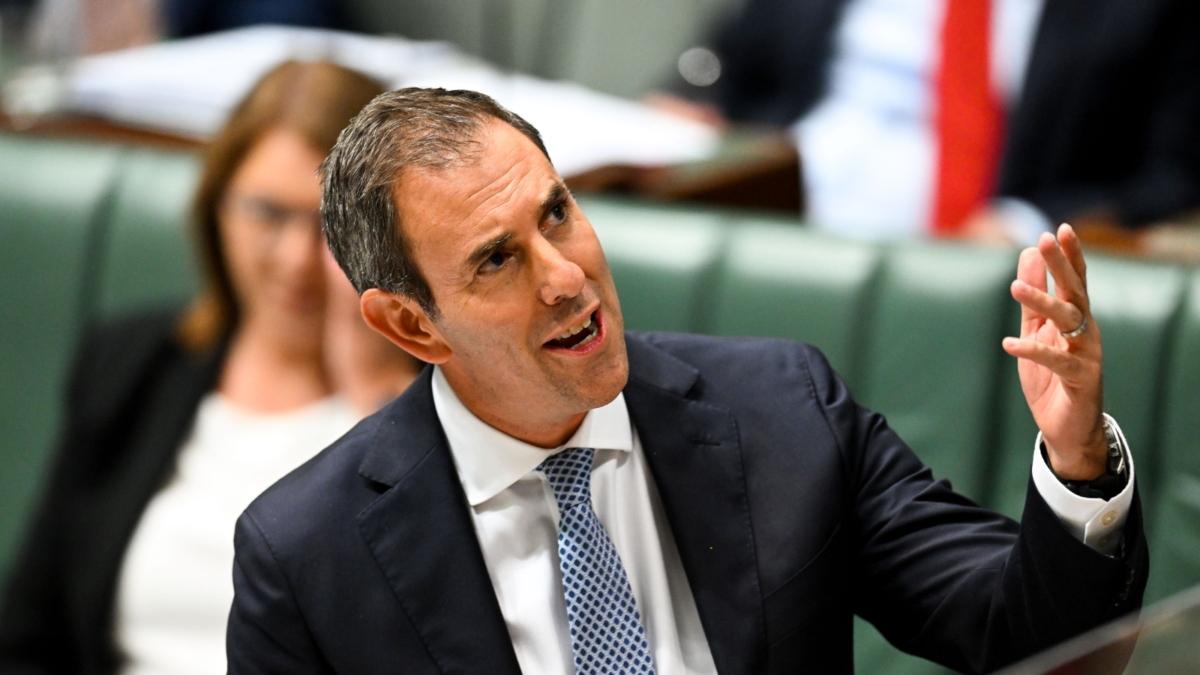Mantis Funds sprouts from its Dalton Street acorn
Mantis Funds, Australia’s latest multi-affiliate manager, launched last year by Timothy Cheung and Damien Hatfield, has strengthened its governance alongside its fund manager portfolio.
Rodney Green, a founder of what is now known as Pacific Current Group, a pioneer in the multi-affiliate space, is to join the board of Mantis Funds. As co-founder and managing director, in 2001, he helped drive the growth of the backdoor-listed Treasury Group, as it was then known. For a time, Treasury Group was the most highly valued stock on the ASX, trading at more than 100 x earnings.
Since leaving Treasury Group in 2008, Green has had his own portfolio of private investments, directorships and investment committee advisory roles. He became a shareholder and director in the listed Easton Investments platform business, from which he stepped down last year but remains a shareholder. He is also an expert adviser on the Sunsuper investment committee.

Mantis was formed by Cheung and Hatfield, both experienced hedge fund managers, and a consortium of like-minded individuals to look at acquiring the three affiliated managers in the stable of Prodigy Investment Partners. Major investor Euroz had pulled out of Prodigy and co-founder Steve Tucker, a former senior executive of MLC, folded the business in March last year.
Cheung, who was one of the founders of Asian-focused hedge fund manager LSL Partners, with David Gray, who is COO of Mantis, said: “Damien contacted me and said: “‘Prodigy is in play’. We put together the consortium and managed to pick up one of them, Dalton Street Capital. We weren’t able to buy the whole platform, but Dalton Street became our acorn from which we’re growing.”
Cheung, Mantis executive director, works mostly on the company’s strategy and helping research and onboard new managers. He is a former partner and head of research at Morphic Asset Management while Hatfield headed up distribution for its multi-affiliate provider Ascalon.
Hatfield says: “We effectively rescued Dalton Street by going to Equity Trustees (the responsible entity) and getting their help. They participated with us in the withdrawal of the notice to close the business.”
Cheung had calculated that the parties involved could halve the cost of running Dalton’s fund. “And we thought there’s a business in this,” Hatfield said. “Mantis Funds was formed as a platform for managers who could take one or more of the services. Under the model they typically pay 20 per cent of their revenue or a minimum retainer, whichever is greater.”

On this score, each of the trio have had close dealings in the multi-affiliate space, which requires a different skillset from running a single-manager business. The trick is to extract the benefits of scale from administration, distribution or any other way, while allowing the underlying managers to maintain their sense of ownership and control.
Green said: “Often if the multi-affiliate acquires a firm run by older managers, the vendors see it as their exit strategy. If they don’t look after their succession, it becomes the problem of the equity owner. I’ve always thought you don’t want to own more than 50 per cent.
“With Mantis, we have a revenue base. We have separate access to capital, which is not coming from the manager. They are running the money, which is what they enjoy doing and reinvest [their share of fee income] as they see fit. If they want to take a helicopter to a meeting, that’s their business.”
From the underlying manager’s point of view a revenue share is cleaner than a profit share, there being no concerns about ‘Hollywood accounting’ from one of the parties.
Another point of differentiation for Mantis is that it will not be concentrating primarily on institutional investors for its client base across the portfolio of managers. Cheung believes there has been a “generational change” since the early multi-affiliates were formed 20-or-more years ago.
“Initially, they were mostly institutional. We thought we could use more nimble, newer, administrators and our own distribution services, and use new technologies,” he says.
Hatfield has had a lot of experience with database management for fund raising and the firm has partnered with a specialist organisation, Forum 360, which helps with virtual introductions. “You have to develop different communications channels,” he said.
There are various headwinds facing marketers to institutional funds including: fee pressure, increasing use of index strategies, insourcing and mandate size being too large for many boutiques. On the other hand, the wholesale and high-net-worth markets also have a lot of money and tend to make decisions more quickly.
Mantis Funds currently has three Australian-domiciled funds: one for a Florida-based concentrated global equity manager, DSM Capital; and two for Dalton Street, an Asian systematic equity fund and a market-neutral fund run by Antonio Meroni, an experienced long/short and event-driven manage. He established and managed a Singapore team for Pengana Capital before returning to Sydney.
The firm has six boutique partnerships in total. They are: Firth Investment Management and VantagePoint Asset Management, both based in Singapore; Terra Capital, a specialist natural resources fund; and, Gyrostat, an equity-income manager based in Melbourne; as well as Dalton Street and Florida-based DSM.











